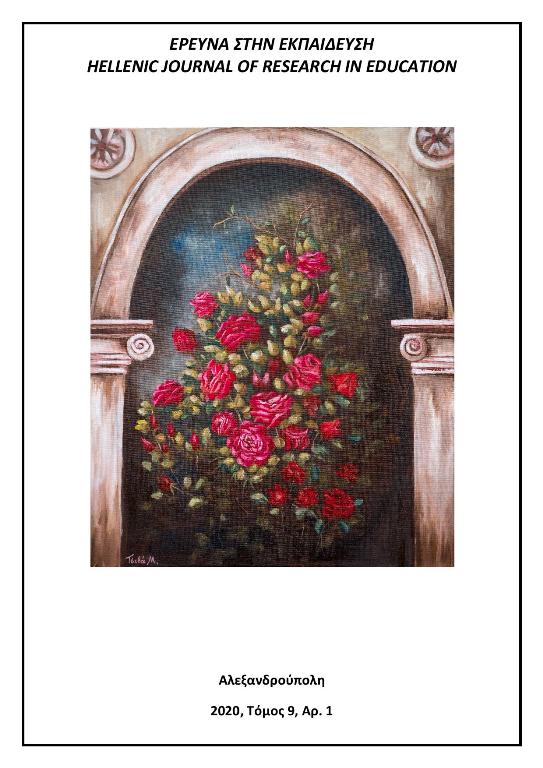The experience of distance education of students with learning difficulties or disabilities in the COVID-19 period: A pilot study

Abstract
In 2020, the rapid spread of the coronavirus (COVID-19) was an unexpected situation affecting all areas of human life. The suspension of educational institutions was imposed almost simultaneously in 61 countries. Universities were forced in a short period of time (a few weeks) to move to online education, facing a great challenge. The purpose of this research is to record the degree of acceptance of distance teaching methods by students with special educational needs (disability/learning difficulties) attending public universities and to identify potential obstacles, difficulties or benefits of online education. The sample consisted of 73 students from twelve Greek universities (37 suffering of a chronic disease/disability and 36 with diagnosed learning disabilities). A closed-ended questionnaire was constructed and distributed electronically to undergraduate students of public universities. According to the results, the attitude of students with special educational needs toward online teaching is generally positive, with students with a chronic disease/disability expressing a slightly more positive attitude. Two thirds of the participants responded positively to the prospect of continuing online teaching after the end of the pandemic. Half of the participants did not get enough information and support before the start of online lessons, while only a small percentage (4.6) is familiar with the special assistive technology suitable for students with special educational needs. Moreover, the students who took part at the study reported several personal, technical, academic and communication obstacles and difficulties encountered in distance learning. They pointed out the advantages of personal contact and feedback from their professors. The present research is a pilot one and it can trigger further research in this area. Students’ perceptions and experiences (positive or negative) must be taken into account to improve online teaching practices and provide additional support mechanisms for future cases.
Article Details
- How to Cite
-
Σταμπολτζή Α. .-. Λ., Γιαννούλας Ά., & Καλαματιανός Α. (2020). The experience of distance education of students with learning difficulties or disabilities in the COVID-19 period: A pilot study. Hellenic Journal of Research in Education, 9(1), 140–157. https://doi.org/10.12681/hjre.24497
- Issue
- Vol. 9 No. 1 (2020)
- Section
- Articles

This work is licensed under a Creative Commons Attribution-NonCommercial-ShareAlike 4.0 International License.
Authors who publish with this journal agree to the following terms:
- Authors retain copyright and grant the journal right of first publication with the work simultaneously licensed under a CC-BY-NC-SA that allows others to share the work with an acknowledgement of the work's authorship and initial publication in this journal.
- Authors are able to enter into separate, additional contractual arrangements for the non-exclusive distribution of the journal's published version of the work (e.g. post it to an institutional repository or publish it in a book), with an acknowledgement of its initial publication in this journal.
- Authors are permitted and encouraged to post their work online (preferably in institutional repositories or on their website) prior to and during the submission process, as it can lead to productive exchanges, as well as earlier and greater citation of published work (See The Effect of Open Access).


